INNOVATE. COLLABORATE. TRANSFORM.
Ensuring access to water and sanitation for all, is one of the United Nations key Sustainable Development Goals, and although progress has been made only 73 percent of the world’s population has access to safely managed drinking water.
Investments in infrastructure and sanitation facilities; protection and restoration of water- related ecosystems; and hygiene education are among the steps necessary to ensure universal access to safe and affordable drinking water for all by 2030, and improving water-use efficiency is key to reducing water stress.
Against this backdrop, the Strategic Conference provides a forum for leaders and policymakers to collaboratively shape strategies and accelerate solutions that will safeguard regional water security to ensure future prosperity for the Arab world.
STRATEGIC CONFERENCE THEMES


Balancing Supply and Demand for Efficient Water Management

Interconnected Futures: Water-Energy-Food Nexus

Aligning Water and Climate Goals through Green Investments

Building Climate Resilient Infrastructure

Leveraging Digitalisation for Sustainable Water Solutions

Putting Talent at the Top of the Agenda
EVENT OVERVIEW
Exhibition
60+ exhibitors from more than 24 countries across the water ecosystem will come together at the Arab Water Forum to showcase technologies and solutions driving progress and shaping the future of the water sector. The exhibition offers direct access to financiers from key infrastructure and utilities projects, facilitating new growth opportunities and commercial partnerships.
Strategic Conference
Engaged, cross-sector collaboration is necessary to push forward accelerated, capital-efficient regional water projects. This conference will gather global policy makers and business leaders to discuss the key trends shaping the future of the water sector – focusing on action and scalable impact. Ministerial and global leadership panel sessions will highlight the critical leadership role of the Arab region in an increasingly water stressed world.
Leadership Roundtables
Anchored within the Arab Water Forum, the Leadership Roundtables will facilitate the high-level dialogue required to form consensus, address these challenges, and deliver meaningful progress. Bringing together policymakers and CEOs, scientists and academics, this inclusive gathering will bridge public and private sectors to collectively address the challenges confronting the water sector.



